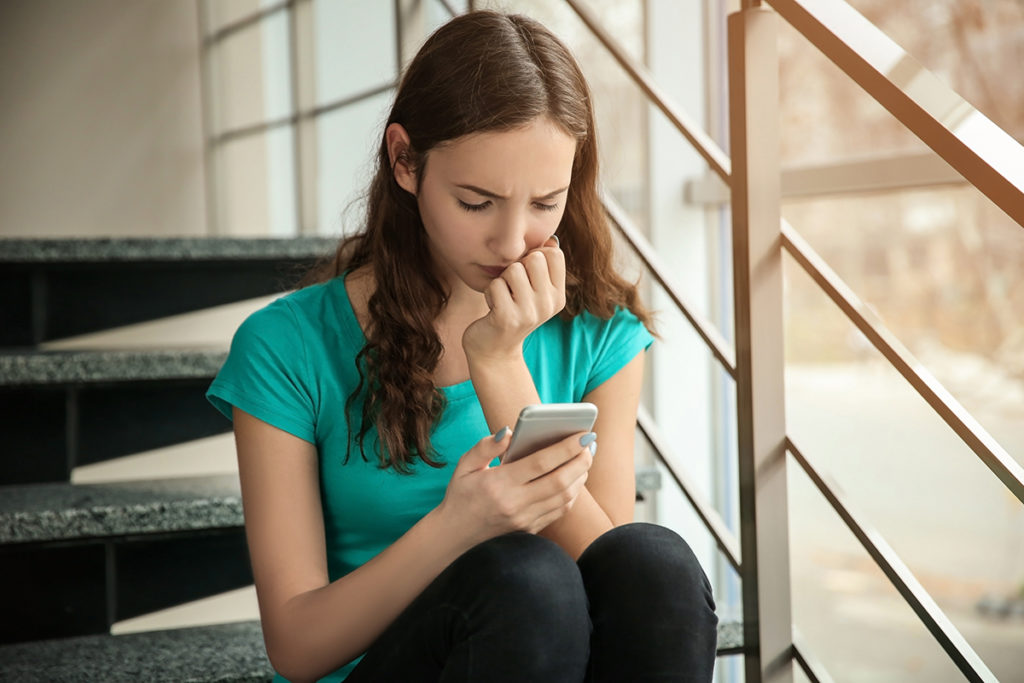These days, a lot of people can’t last a day without their phones or avoid spending time on various social media platforms. But do you know that social media and depression are closely linked? Data shows that social media affects one’s personality. Your use of social media does not only affect your behaviors and social relationships, but it also has a profound impact on your mental health.
Benefits of Social Media
Social media provides many valuable benefits. Thanks to social media, you can stay connected with family and friends, even though you are not physically with them. It helps people search for jobs, and businesses use social media platforms to build relationships with customers. It makes people’s lives more convenient in a lot of ways. But it can also cause some people to experience unhappy feelings that lead to depression. If you already have depression disorder, social media can make your symptoms worse.
How Are Social Media and Depression Linked?
Do you spend most of your time scrolling through Facebook or Instagram? If you become wrapped up in social media or develop a social media addiction, it can create a cycle of negativity. It can become the root of your unhealthy emotions by increasing feelings of loneliness, greed, and envy. Spending many hours on social media takes away time doing things that are better for your emotional health. Instead of sleeping, exercising, doing leisure activities, or meeting friends, your phone may dominate your attention. Some don’t believe it, but there’s a strong link between social media and depression. Research has found that users who spend more time on social media have decreased social bonding and increased loneliness compared to those who used social media less. People who spend a lot of time on social media feel detached to the real world, avoiding things they used to like. There are many possible adverse outcomes of constantly using social media. Some of these consequences include:
- Sitting by yourself at home, and thus, being more remote
- Lost in your thoughts, becoming less attuned to the world around you
- Meeting people exclusively online
- Processing information with a negative bias and dysfunctional beliefs
Social Media Habits that Lead to Depression
Even if you don’t experience depression, social media can affect your mental health. Do you remember feeling like everyone is doing better than you when scrolling through Facebook? Social comparisons like this can increase your risk of developing depression. It is not that social media can actually cause depression. And the reasons why people use social media are not linked to mental illness. However, the way a person uses social media can contribute to mental health issues. Certain habits can increase the likelihood of developing depression, such as:
- Comparing yourself and your life with others
- Inability to cut down on social media use
- Letting social media use affect your work or studies negatively
- Being bothered with being tagged of pictures in which you don’t look good
- Getting involved in negative interactions such as cyberbullying
If you know someone who has been using social media excessively and shows signs of depression, don’t turn a blind eye. Asking them to abstain from using the Internet is not a realistic solution, but rehab centers can help.
Be on the Road to Lasting Recovery
It is not easy to live with mental illness and addiction. However, you can overcome it with the right treatment. Take the first step to change your life for the better by reaching out. It is hard to accept that you have depression, but this step will pave the way to recovery. With the combination of therapies, educational sessions, and support, you can recover. We offer programs like:
- Psychotherapy program
- Group therapy program
- Cognitive-behavioral therapy
- Dialectical behavioral therapy
- Family therapy program
Social media and depression may be closely linked. But with the right treatment plan, you can turn your life around and learn to use the Internet responsibly. Contact the professionals at Promises at 844.875.5609 for help today!

